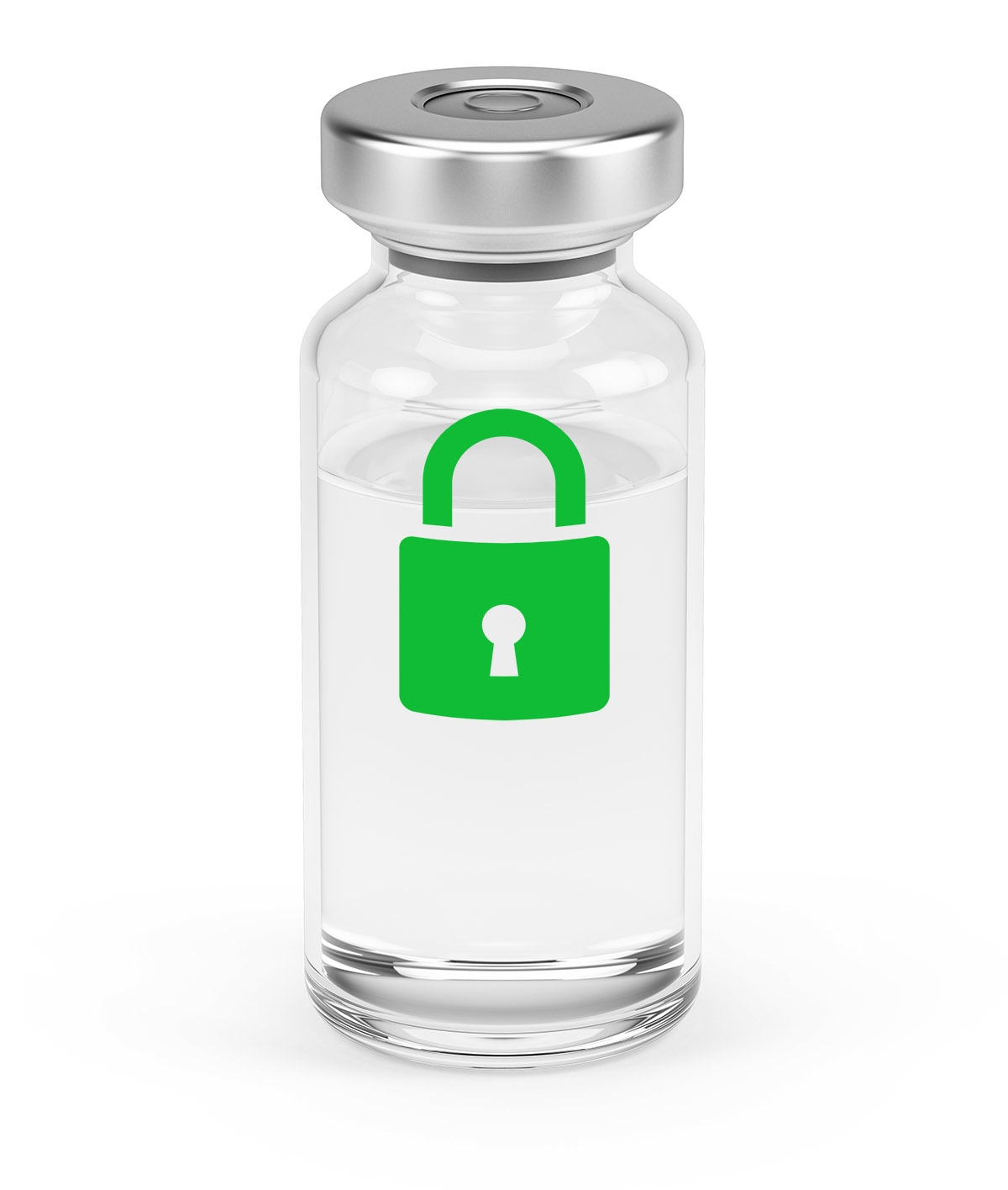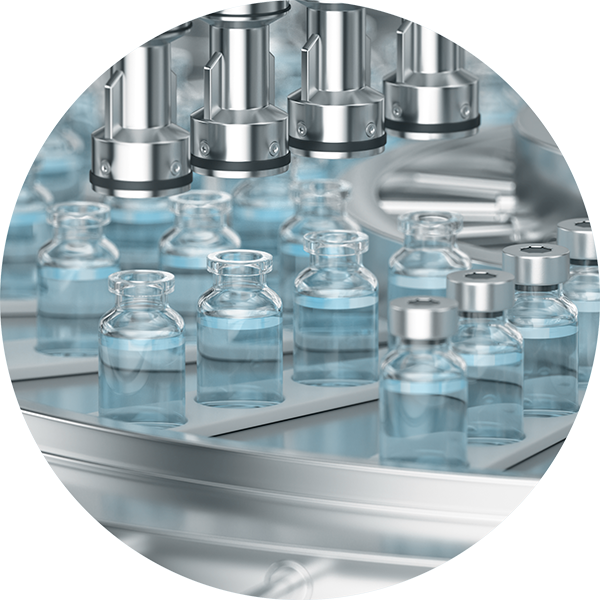Partner with Triple Ring to authenticate your global supply chain and maintain security of products from origin to sale.


Secure global supply chains to protect your patients, customers, and business
Global supply chains for complex life science and medical device products face everchanging stability and authenticity risks. Threat mitigation is challenging and requires a diversified approach. Triple Ring has deep expertise assessing risks and creating technologies that strengthen supply chains to protect your products and your company’s reputation. From regulatory compliance to AI-based tools and design of advanced monitoring systems, Triple Ring has the experience to help you establish resilient, secure, and sustainable supply chains for your life saving products.
Strengthen resiliency and reliability

Triple Ring is the strategic partner for life science and medical device companies as they build and maintain secure and resilient global supply chains for essential healthcare products. By combining advanced technologies, efficient processes, regulatory compliance, and sustainability practices we help safeguard supply chain integrity and reliability – ultimately protecting products, suppliers, and patients worldwide.
Partner with us to meet challenges such as:
— Gaps in expertise and know-how
— Regulatory and legislative compliance
— Proactively addressing supply chain risks
— Keeping up with the latest technological advances
— Efficiently managing authenticity of complex products



Sustainable supply chains start with deep understanding of systemic risks
Expertise at the ready
Gain access to industry-leading expertise that drives security, authenticity, and resilience from origin to sale.
Security, authenticity, and compliance
Partner with teams who bring both depth and breadth of expertise to significantly reduce supply chain risk for complex healthcare products.
Flexible engagements
From risk assessment and compliance to full teardowns of high-tech products, Triple Ring enables quick action without costly overhead.
FAQ
The life sciences industry’s global supply chains encompass the networks and processes involved in sourcing, manufacturing, distributing, and delivering products like pharmaceuticals, biologics, medical devices, and diagnostics. These supply chains are necessarily complex to meet stringent regulatory requirements, high-quality standards, multilayered designs, and needs for specialized handling and transportation.
Sustainability and Supply Chain intersect at the crossroads of environmentally, socially, and economically responsible practices across all aspects of a given chain. Sustainability in life science and medical device supply chains involves reducing environmental impact, ensuring ethical labor practices, and maintaining long-term economic viability while meeting regulatory requirements and delivering high-quality healthcare products.
Life Science supply chains ensure the seamless production, distribution, and delivery of essential products, including pharmaceuticals, medical devices, diagnostics, and biologics. Given the sensitive and life-saving nature of these products, the life sciences supply chain must be robust, secure, and compliant with stringent regulatory requirements.
To protect their global supply chains, life sciences companies must employ a range of strategies, technologies, and practices. These efforts address threats like counterfeiting, supply chain disruptions, and regulatory non-compliance. Examples of the measures companies have adopted include assuring supply chain strength and resilience through partner due diligence, contractual safeguards, and continuous monitoring of raw materials and subcomponents used to manufacture their products. Product authenticity can be managed through unique identifier technologies, tamper evident packaging, anti-counterfeit technologies, and Blockchain. Regulatory compliance is also an effective means of protecting supply chains, but requires harmonization of standards across many geographies, and comprehensive documentation. Finally, technology is leveraged to verify and ensure supply chain security and resilience. Many companies have implemented IoT sensors and monitors, AI and ML, and the practice of building digital twins to simulate threats and proactively create mitigation strategies.
Technology plays a central role in the efficiency, transparency, and security of the life sciences supply chain. The goal is to ensure that products are authentic (not counterfeit), processes are secure, and the supply chain remains resilient against threats such as theft, and tampering. Some key technologies include the following:
— Blockchain to document and trace transactions, prevent counterfeiting, assure regulatory compliance, and share data securely.
— IoT monitors, sensors, and devices to measure and record the environments products pass through, geolocate and track their movement, verify their security, and optimize inventory management.
— AI and ML to perform predictive analytics, risk detection, improve decision making, forecast demand, detect fraud, and promote supply chain resilience.
— Unique Identification Technologies including micro tags, Radio-Frequency Identification (RFID) and Near-Field Communication (NFC).
It is possible. Together.
Developing new technology is inherently difficult and risky. As a co-development company, we strive to be a trusted partner, not simply a consultant. We structure projects to meet the business needs of our clients, and we often share risk.